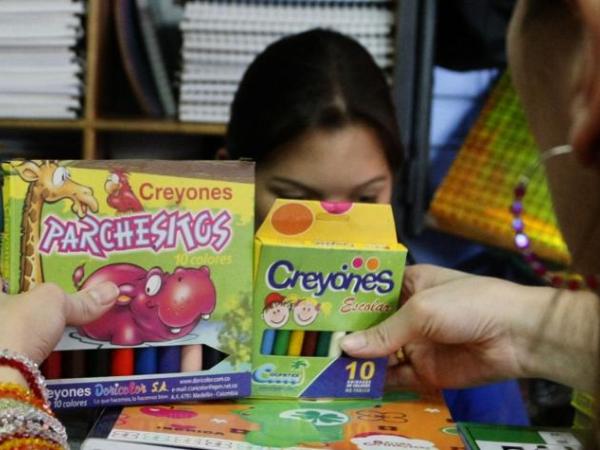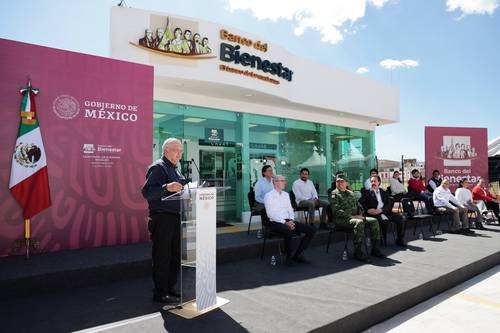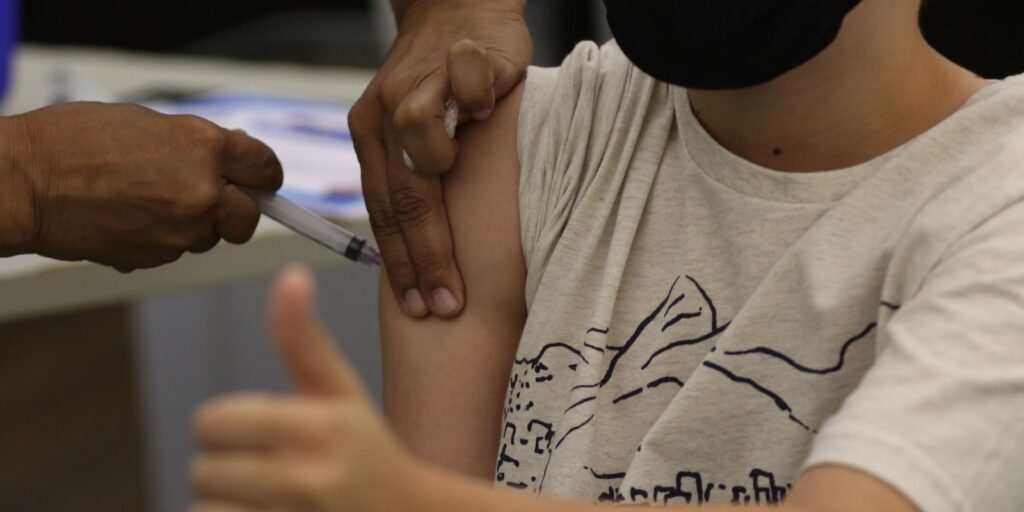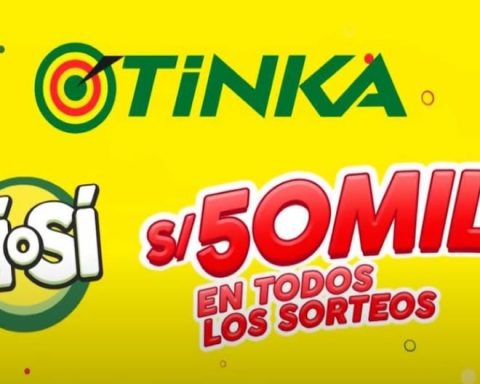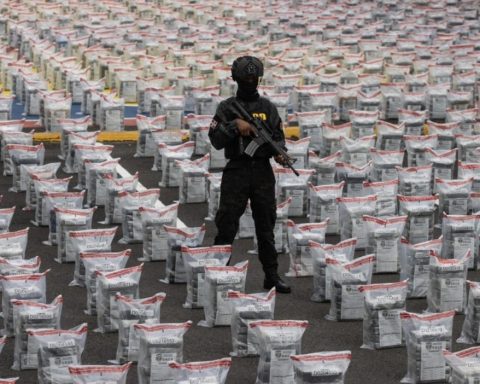Before the arrival of the pandemic, the purchase of school supplies had become a fixed annual expense for the parents of the students. With the return to face-to-face of educational institutions, lists and purchases returned, evidencing a increase in the prices.
(Read: What not and what schools can ask for in supply lists).
A survey by the National Federation of Merchants (Fenalco), which was carried out among 461 parents and consumers of educational services, showed that 67% of them have invested a larger budget in the purchase of school supplies.
20% of respondents spent more than $600,000, not including tuition and fees; 27% between $400,000 and $600,000, and 57% up to $400,000.
(Read: Raise of the minimum and food would keep inflation fired in January).
With respect to prices, 33% responded that they have increased between 20 and 30%, 28% that they have increased by up to 50%, 12% said that they have increased by up to 80%, and 5% reported higher increases.
According Fenalco, “Although the national production has been fulfilling the orders of the clients, despite the complications of supply and international logistics, the newsprint, printing and writing paper industry faces greater difficulties in terms of supplies”.
COLOMBIA AMONG THE MOST EXPENSIVE
For its part, worldremit research, cross-border payments company, revealed that Colombians spend up to 129% of your income on school supplies.
(Read: Household income by social stratum and effects on them due to increases).
The average cost of college per child is $1,054,200, a little more than the current monthly minimum wage. This, when comparing Colombia with 11 other countries: United Kingdom, Canada, Australia, United States, Philippines, Uganda, Tanzania, Mexico, India, Nigeria, and Guatemala.
According to the study, among the 12 chosen, Colombia is the second country that spends the most money for each child during the school season, after Guatemala ($1,601,200). The least is spent in India and the Philippines, at $180,000 and $312,000, respectively.
BRIEFCASE
(With information from EL TIEMPO)
